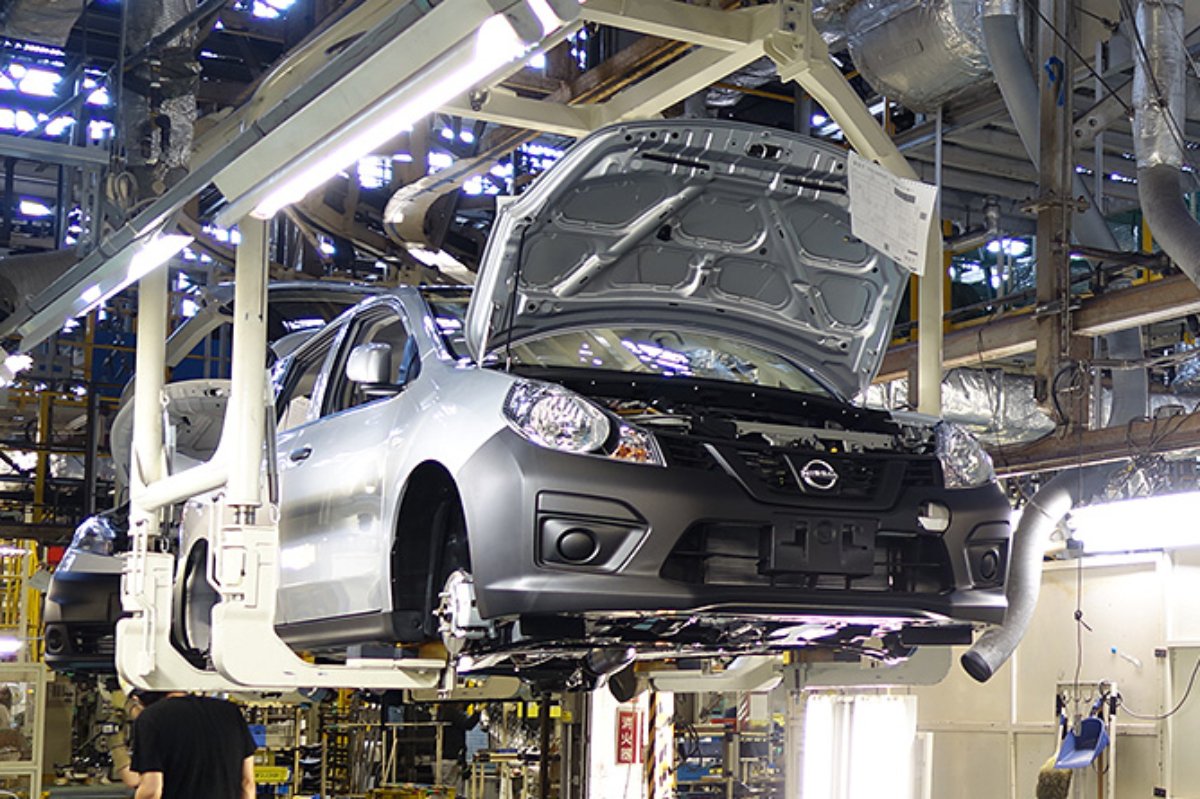

Ferrari boss Mattia Binotto has joined Red Bull’s Christian Horner in lending his support to the prospect of customer cars in Formula 1.
Regulations define each team as a constructor in its own right, with Technical Regulations limiting the components which can be sold to rival teams.
Haas is perhaps the best example of the current rules, having commissioned Dallara to design its car while purchasing whatever components it can from Ferrari.
However, the notion of customer cars has resurfaced amid the economic uncertainty created by the COVID-19 pandemic.
It has exposed the fragility of the sport and a number of teams, with McLaren’s Zak Brown suggesting as many as four could disappear.
In response, it’s been suggested the customer car concept be reintroduced to the sport, a concept Binotto would support.
“If the current emergency really put the existence of some of our competitors in this sport in doubt and made it necessary to revise certain cornerstones, then Ferrari would be open to it,” the Ferrari Team Principal told The Guardian.
“It’s not even sacrilegious, given it’s happened before in F1 and happens today in series such as MotoGP.”
Throughout the sport’s history teams and manufacturers have supplemented their income by selling customer cars, including Maserati, Lotus, Motor Racing Developments (Brabham), Cooper, McLaren, March, and Williams.
John Surtees drove the final two races of his championship winning 1964 campaign in a Ferrari 158 entered by North American Racing Team.
From next season the sport will introduce a set of Financial Regulations which will cap some costs at $150 million.
That figure has been reduced from $175 million and there is a push to reduce it further still.
It’s predicted the current cost cap will see almost 1,600 jobs lost from the UK-based teams alone, while Mercedes’ most recently filed accounts showed it enjoyed a budget of $392 million.
Binotto however is weary of further reductions, suggesting it would push Ferrari into looking at other categories to meet its racing needs.
“The $145 million level is already a new and demanding request compared to what was set out last June,” he said.
“It cannot be attained without further significant sacrifices, especially in terms of our human resources.
“If it was to get even lower, we would not want to be put in a position of having to look at other further options for deploying our racing DNA.”
“F1, we have all sorts of teams with different characteristics,” he added.
“They operate in different countries, under different legislation and with their own ways of working.
“Therefore it is not simple and straightforward to make structural changes simply by cutting costs in a linear fashion.”
He also warns that concerns regarding the current COVID-19 pandemic should not be overplayed when it comes to discussion regulations that could impact the sport’s long term future.
“This is not the time to react in a hurry as there’s a risk of making decisions on the back of this emergency without clearly evaluating all the consequences,” he explained.
“F1 has to be the pinnacle of motor sport in terms of technology and performance.
“It must be attractive for the car manufacturers and the sponsors who want to be linked to this most prestigious category.
“If we restrict costs excessively then we run the risk of reducing the level considerably, bringing it ever closer to the lower formulae.”





















Discussion about this post